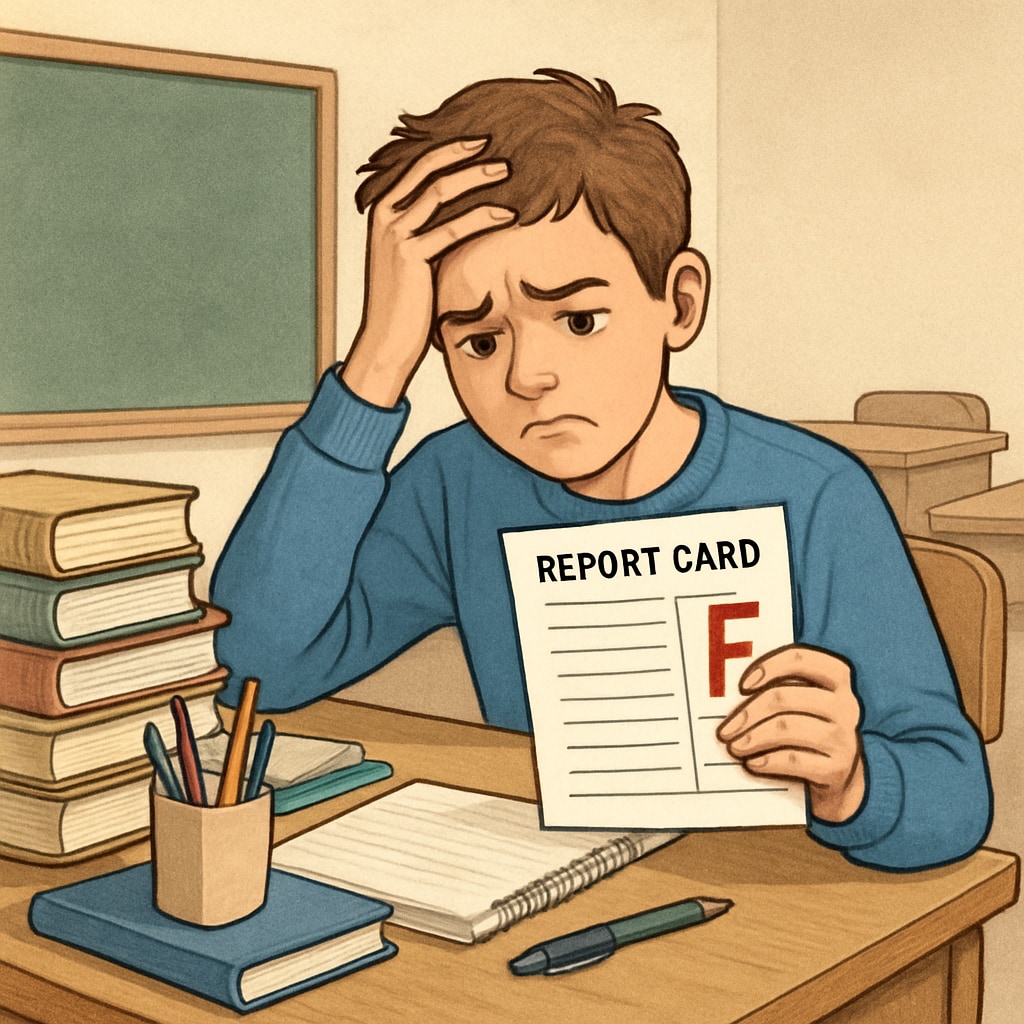When students encounter unfair academic assessments, the process of filing an appeal can often feel overwhelming and intimidating. The issues surrounding academic appeals, teacher misconduct, and grading disputes are not only deeply personal but also reflect broader systemic challenges within K-12 education. For many students, navigating these mechanisms is fraught with obstacles, from vague policies to fear of retaliation, which can ultimately hinder their academic and personal development. This article explores the shortcomings of current appeal systems, their impact, and actionable solutions to create a more equitable academic environment.
The Challenges of Academic Appeals in Unfair Assessments
Academic appeal systems are designed to provide students with a formal avenue to address concerns about perceived grading injustices or teacher misconduct. However, these systems are often plagued by significant flaws:
- Lack of Clarity: Many schools fail to provide clear, accessible guidelines on how to initiate an appeal, leaving students and parents confused about the process.
- Power Imbalance: Students may feel intimidated by the authority of teachers and administrators, fearing that their appeal could lead to retaliation or further negative treatment.
- Bias in the System: Appeal panels or decision-makers may lack impartiality, especially if they include colleagues or superiors of the teacher involved in the dispute.
- Emotional Toll: The process of challenging an unfair grade can be emotionally draining, particularly for younger students who may lack the confidence or support to advocate for themselves.
These challenges not only discourage students from filing appeals but also perpetuate a culture where unfair assessments and teacher misconduct go unaddressed.

How Unfair Assessments Impact Student Development
Unfair academic assessments and unresolved grievances can have far-reaching consequences on a student’s development. These include:
- Decreased Motivation: When students feel that their efforts are not fairly recognized, they may lose motivation to excel academically.
- Erosion of Trust: A lack of transparent and fair systems can erode students’ trust in educational institutions and authority figures.
- Psychological Impact: Persistent feelings of injustice can lead to stress, anxiety, and a negative self-image.
- Missed Opportunities: Inaccurate grades may affect students’ eligibility for scholarships, advanced courses, or college admissions.
It is critical to address these issues not only to protect individual students but also to uphold the integrity of educational institutions.
Solutions for a Fair and Transparent Appeal System
To create a more equitable academic appeal system, schools and policymakers must prioritize fairness, transparency, and student well-being. Below are some actionable recommendations:
- Establish Clear Guidelines: Schools should provide students and parents with detailed, easy-to-understand documentation on the appeal process, including timelines, required evidence, and points of contact.
- Ensure Impartiality: Appeal panels should include neutral third-party members, such as external educators or community representatives, to eliminate bias.
- Offer Support Systems: Schools should provide counseling or advocacy services to help students navigate the appeal process and manage its emotional toll.
- Promote Transparency: Decisions should be accompanied by a clear explanation, and schools should track and publish data on appeals to identify patterns of unfair assessments.
- Empower Students: Educators should foster an environment where students feel safe to voice concerns without fear of retaliation.
By implementing these measures, schools can not only resolve individual disputes more effectively but also create a culture of fairness and accountability.

Conclusion: Breaking the Silence
The challenges related to academic appeals, teacher misconduct, and grading disputes highlight systemic issues within the education system that must be addressed. By breaking the silence and advocating for fairer and more transparent appeal processes, we can empower students to stand up for their rights and ensure that educational institutions uphold their responsibility to provide just and equitable treatment for all. It is only by addressing these grievances openly and proactively that we can create a system that truly supports student growth and achievement.
As educational institutions continue to evolve, prioritizing fairness and transparency in academic assessments must remain a cornerstone of their mission. Only then can we ensure that every student has the opportunity to thrive in an environment that values integrity and justice.
Readability guidance: Short paragraphs, clear transitions, and actionable recommendations enhance readability. Active voice and lists are used to present information concisely while maintaining a professional tone.


